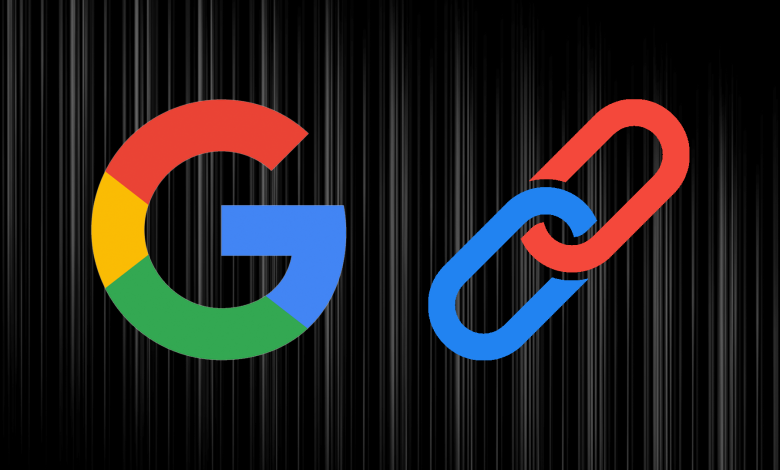Google Issues Warning on Misuse of Links in Syndication and Large-Scale Article Campaigns

Google has issued a warning to those who distribute or publish content on a large scale: pay attention to your links.
Organizations distributing content across multiple platforms must be cautious, as failing to do so could lead to violations of Google’s policies on link schemes.
No Content Marketing Just for Links, Says Google
While Google does not oppose article distribution in general, it takes issue when the primary goal is to gain links. According to Google, article distribution is acceptable when it informs, educates, or raises awareness. However, if the main purpose is large-scale link-building back to the author’s site, it violates Google’s guidelines.
Driving link acquisition often leads to content quality degradation, resulting in a poor user experience. Link building remains crucial as links from reputable publishers boost search engine rankings.
Warning Signs
Google may view a content distribution campaign as violating its guidelines if it includes:
- Overused keyword-rich links in articles.
- Articles spread across many sites or numerous articles on a few prominent sites.
- Articles written by those lacking expertise on the subject.
- Reused or replicated content across different articles.
Staying Safe
To avoid issues, content distributors should use ‘nofollow’ links or canonical tags, which prevent the page from passing credit.
Publishers at Risk Too
Google’s warning extends to publishers, who must exercise caution. Publishing articles with spammy links can affect a site’s perceived quality and ranking. Publishers should verify submissions by considering factors like author credibility and ensuring any dubious links use ‘nofollow.’
Publishing content without evaluating links could lead to penalties from Google.
Reason Behind the New Warning
Google’s recent warning echoes similar guidance from July 2013 about link misuse in guest posts, advertorials, and sponsored content. However, it specifically addresses syndication, prompt by an investigation into widespread tactics potentially breaching Google’s rules.
Some businesses reportedly used article syndication for questionable link practices. The investigation found articles distributed across numerous news outlets often contained "anchor-rich" links. Google acknowledged the issue but initially responded inadequately.
The investigation revealed confusion about compliance with Google’s guidelines among companies and publishers involved.
Confusion About Guidelines
Content producers claimed compliance with Google’s guidelines, arguing they did not mandate specific links. Yet, some publishers failed to implement the necessary protocols, leading to non-compliance. One company received assurances from a publisher that they used ‘nofollow’ but said they would ensure stricter adherence in the future.
The best solution appeared to be new guidance from Google, providing clarity.
Organizing Your Efforts
With Google’s new guidance, content distributors and publishers should heed the advice. Historically, such advisories precede actions against violators.
Distributors are encouraged to consider their practices in light of Google’s blog post ending—focusing on enhancing site content, which naturally leads to acquiring valuable links.
Anyone producing content primarily for links should collaborate with publishers to apply ‘nofollow’ or canonical tags. If these cannot be implemented, consider disavowing inappropriate links to Google.
Distributing content isn’t prohibited, nor is earning link credit. For example, originally contributed content, edited and deemed publication-worthy, is still accepted. However, publishers should engage with content proactively rather than automatically publishing from feeds.
If proactive measures haven’t been applied, follow Google’s recommendation to apply ‘nofollow’ and canonical tags on existing content.
Regarding Guest Blogging Requests
Google discourages repeated solicitations for guest post publications, with unsolicited requests seen as spam. Despite efforts in 2014 to curtail this practice, it persists today, with requests often originating from Google’s own systems.
Google’s link policing rules apply even to small-scale guest blog posts accepted from overzealous requests.



